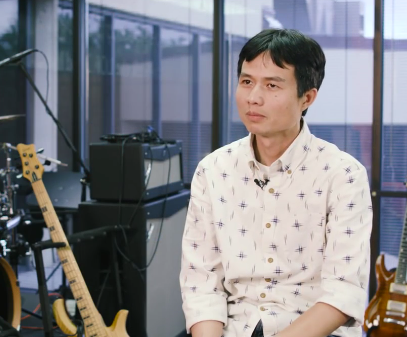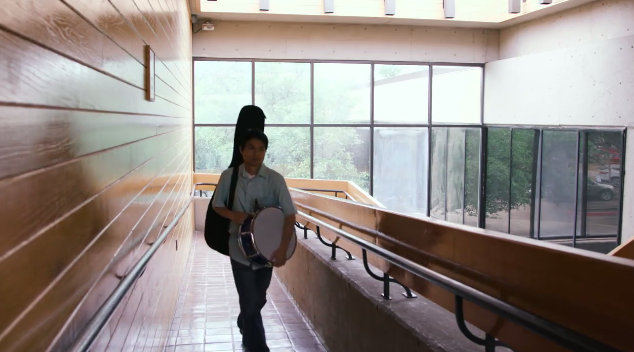Eh Wah, a band manager who is well known at Lake Highlands’ Gaston Christian Center, made headlines nationwide — from the Washington to Huffington Posts and everything in between — after Oklahoma police seized $53,000 he was carrying, proceeds from charity concerts that were destined for a Christian college in Burma and an orphanage in Thailand. The latest: Police have dropped all charges and will return the band’s money.
The 40-year-old area resident was on a break from touring the country as a volunteer manager for the Klo & Kweh Music Team, he told the Washington Post. He was headed to Dallas where he planned to visit his family. As manager of the band’s finances, he was holding all the cash from 19 concerts.
 According to the article, “The sheriff’s deputies in Muskogee County, Okla., pulled Eh Wah over for a broken tail light about 6:30 p.m. on Feb. 27. The deputies started asking questions — a lot of them. And at some point, they brought out a drug-sniffing dog, which alerted on the car. That’s when they found the cash, according to the deputy’s affidavit.”
According to the article, “The sheriff’s deputies in Muskogee County, Okla., pulled Eh Wah over for a broken tail light about 6:30 p.m. on Feb. 27. The deputies started asking questions — a lot of them. And at some point, they brought out a drug-sniffing dog, which alerted on the car. That’s when they found the cash, according to the deputy’s affidavit.”
The dog’s alertness serving as just cause, police invoked what is known as a civil assets forfeiture (something John Oliver brilliantly explained in a segment a few months ago), and they seized the money, calling it “drug proceeds.”
Eh Wah, who the post interviews in Lake Highlands for video, insists he doesn’t drink or smoke, and everyone who knows him has backed his story.
A post on the Dallas Refugee Communities Facebook page read:
“Let’s pray for Eh Wah. We here at the Dallas Refugee center knows him and he is not a drug dealer, and he is telling the truth about raising money for the Burmese orphanage.”
The Institute for Justice took up Eh Wah’s case pro bono. And while this case turned out OK in the end, the institute told the Washington Post that Eh Wah’s case is “the tip of a large iceberg when it comes to civil forfeiture on the nation’s highways … ‘This sort of thing is happening all the time,’ said Dan Alban, a lawyer with the institute. The general contours of this particular case are not unique, he said.”






